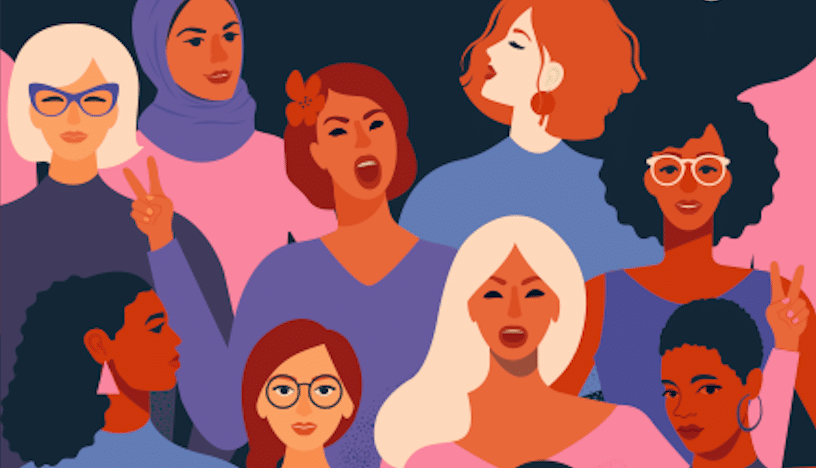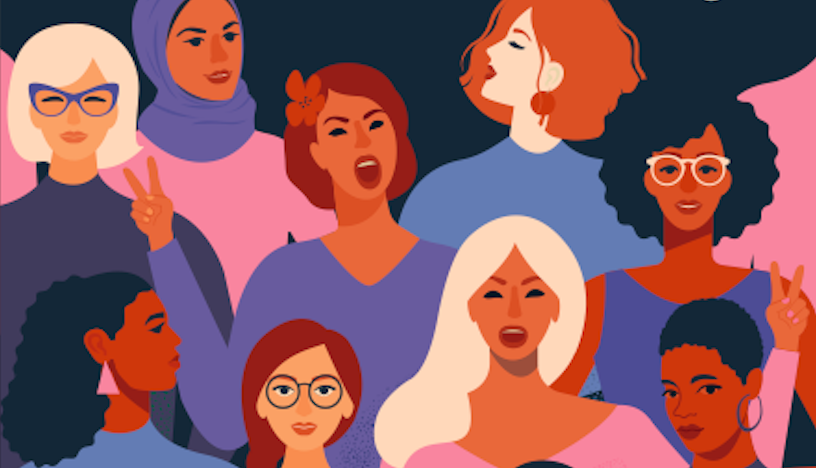March is International Women’s Month. It was created to celebrate and honor the people who have helped advance the rights of women around the world. One of the first high-profile Supreme Court decisions with a profound impact on women’s rights in the US is Roberts v. United States JCs. This decision came in 1984 and has been a well-referenced decision for many subsequent gender-based court cases.
The Purpose of JCI
JCI, or Junior Chamber International, goes by several names in the US. The formal, legal name is USA JC. However, it is more commonly called JCs, or Jaycees. This decades-old nonprofit organization initially worked to improve the lives of men between the ages of 18 and 40 by providing services, such as business development and management skills. At one time, the organization had upwards of 350,000 members. They were all men.
Gender Conflict Over 1st Amendment Rights
The Jaycees decided to close their St. Paul chapter after a woman was elected President. This harsh and dramatic display was meant to prove to the country that they were invoking their 1st amendment right for expression. However, their use of the 1st amendment right for expression severely limited the same right for expression of any women who were also members of the organization.
Roberts v. United States Jaycees
Before this case was presented to the Supreme Court, it was first voted on by the US Court of Appeals of the 8th Circuit. Their decision was 2-1 in favor of the Jaycees. On further appeal, the case went to the Supreme Court, which voted unanimously for the 1st and 14th amendment rights of the women members of the organization. Following this decision, women had to be allowed as full members of the Jaycees and given all voting and leadership rights, the same as the male members.
Impact on Women’s Rights
This case was the first presented to the Supreme Court that revolved around public accommodations laws. These laws are now widely understood to prevent organizations, businesses, firms and other entities from discriminating against anyone based on:
-
Disability
-
Religion
-
Race
-
Skin color
-
National origin
-
Gender
When future cases made their way into the lower courts, this Supreme Court decision was used as a legal precedent. Nearly all these court cases involving the issue of gender equality were subsequently decided against the legal entity.
Often, it is the court cases that set legal precedent involving hotly debated topics that are remembered and referenced long into the future. Roberts. v United States JCs is one of those cases referred to often, especially during International Women’s Month. This celebrates one victory among many that have helped women close the stereotypical gender gap.






